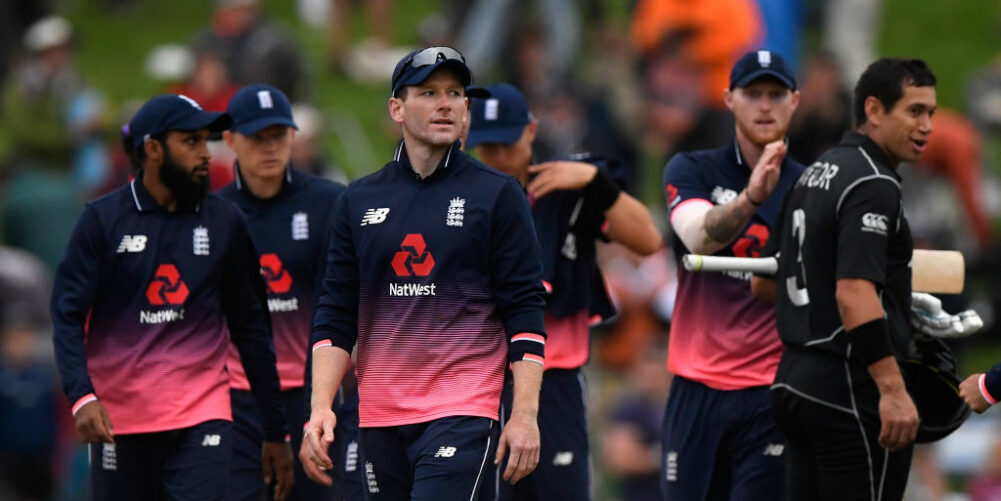The shorter the format the more chance that participating teams have of leading the pack, or so the theory goes. In which case, what do we make of England’s rise to the top of the 50-over rankings this week, the piggy in the middle at least in terms of overs?
The first point to make is that it was planned. When Andrew Strauss appointed Trevor Bayliss as England head coach in 2015, it was with the specific brief to improve England’s white-ball cricket. This he has done, at least with regard to the 50-over game, though you might argue that improvement was the only option available after the nadir of the 2015 World Cup, from which England exited without a squeak.
For many this quantum leap in improvement makes England favourites for next year’s World Cup, which will be played in England and Wales during late May and June. It seems curious that three years can see such a huge transformation from no-hopers to sure things, but the 50-over team have undergone just such an evolution under Bayliss and captain Eoin Morgan.
The batting in particular has startled in its improvement to the point that opponents hitherto finding England’s willow wielders predictable, have now come to view them as trendsetters. Since Bayliss and Paul Farbrace, his assistant took over three years ago, just under half their completed innings have passed the 300 mark. There have even been two scores of over 400, including the current world record score of 444 against Pakistan at Trent Bridge in 2016.
Faced with such a hike in numbers the bowlers have not had to improve as much, though there has been a move to promote pace bowlers with variations and wrist-spin, with all-rounders offering Morgan further options.
There is even the sobering prospect, for opponents at least, that we have not yet seen the best of Ben Stokes or Jonny Bairstow, which means there is exciting capacity in the tank. Just as high pressure in the Atlantic wields an effect on the English weather, athletic fielding has completed an improving picture.
That said, the World Cup, along with the Champions Trophy, are the proper measure of a one-day team, not the rankings. England have not contested a final of the former since 1992 and the latter since 2013. Shamefully, they have won neither.
Being No.1 will be gratifying for all involved, but it actually means little compared to being etched among the winners of one or both of these trophies. Which means there are still questions over whether the team has what it takes to do so.

England’s mantra of playing without fear under Morgan is a laudable philosophy, and one which has won them more games than they have lost, at least over a series. But global tournaments have knockout matches. To progress beyond them often requires cool game management, not hit out and be damned.
A recent example of this was last year’s Champions Trophy semi-final against Pakistan, played at Sophia Gardens in Cardiff. To that point, England had played the most persuasive cricket in the competition. But on a challenging pitch they came up against a wily opponent who adapted better to conditions on the day. Hopefully it was a lesson learnt that knockout games just have to be won, not only by crushing opponents in style, but by any means necessary.
The other two formats, Test and T20, have not been similarly burnished by the Bayliss touch and England languish in fifth place in both. But why mid-table mediocrity in them and market leaders in the other, given that modern 50-over cricket is now played like T20 x 2.5?
The answers, at least in regard to the shortest white-ball format, are not obvious save for there being fewer T20 games at international level. This should be made up for by the fact that more England players are going to the Indian Premier League than ever before, or would if their franchises actually picked them to play.
As it is, there is simply more 50-over international cricket for England’s cricketers to play, which means more chances to succeed. Success then creates confidence, which in turn begats more success.
It is the virtuous wheel of performance and England need to keep riding it right to the end of next year’s World Cup.















